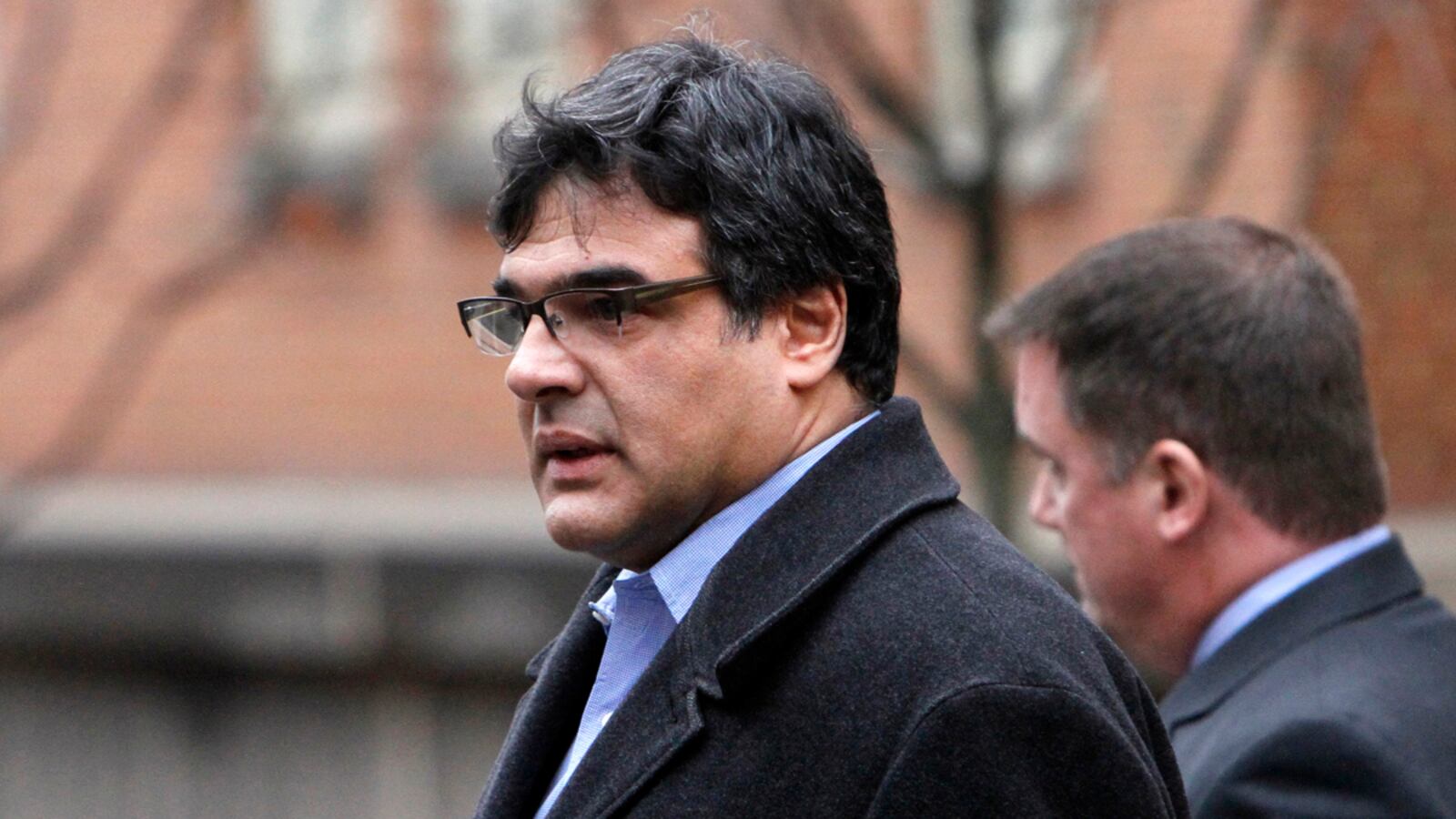ABC News’s Jake Tapper drew headlines last month for his harsh questioning of White House Press Secretary Jay Carney for what he termed the Obama administration’s campaign “to stop aggressive journalism in the United States by using the Espionage Act to take whistle-blowers to court.” Referring to the six government employees or contractors who have been charged with leaking information during the past three years, Tapper repeated what has become orthodoxy among many reporters and government-watchdog groups: the Obama administration is waging war on government transparency and the very role of the free press.
It is true the administration is setting records for the prosecution of those who leak classified national-security information, but equating this record with hostility to whistle-blowers misstates the facts.
The difference between a leaker and a whistle-blower is important. Leaks of classified information can endanger American soldiers and intelligence officers and expose sensitive national-security programs to our enemies. Whistle-blowers expose violations of law, abuse of authority, or a substantial and specific threat to public health or safety.
The critics who label those being prosecuted today as whistle-blowers credit them with noble motives they do not deserve and ignore the harm they have caused. For example, the Justice Department has indicted former CIA officer Jeffrey Sterling for giving New York Times reporter James Risen classified information about what has been reported to be U.S. attempts to sabotage the Iranian nuclear program. It is easy to imagine how such a disclosure could harm national security and difficult to see what wrongdoing Sterling hoped to expose, since preventing Iran from obtaining a nuclear weapon has been long-stated American policy. In this particular instance, the Times apparently agreed: the paper has admitted that after being warned by the Bush administration that publishing Risen’s story would harm national security, editors there spiked it. (Risen later published his account in a book.)

Far from principled intent, Sterling seems to have been motivated by retribution. After being first reassigned and later fired by the CIA, he sued the agency, charging racial discrimination, only to see the lawsuit dismissed in court. According to the government’s indictment, Sterling began reaching out to Risen just a few weeks after the agency rejected his third offer to settle the suit.
In the most recent case, former CIA officer John Kiriakou was indicted in January for exposing the classified identity of one CIA agent and revealing the participation of another in the agency’s controversial enhanced-interrogation program. Tapper described this case as targeting a “CIA officer for allegedly providing information in 2009 about CIA torture”; in fact, the indictment has nothing to do with the disclosure of information about waterboarding or other torture tactics during the last administration, but with the identities of career intelligence officers.
The Kiriakou case echoes the indictment of former Dick Cheney aide Scooter Libby, whose prosecution for charges connected with the leak of CIA officer Valerie Plame’s identity was also brought by U.S. Attorney Pat Fitzgerald in Chicago. Ironically, many of the people who cheered Fitzgerald for bringing that case are now criticizing his actions in the Kiriakou case. The same principles that applied in the Libby case—that the identities of covert officials are sacrosanct and revealing them endangers their lives—apply today.
In a third case, a State Department official has been charged with leaking information that has been reported to involve North Korea’s nuclear program. In another, a former translator for the FBI pleaded guilty to leaking information about what the Times reported was information gleaned from surveillance of the Israeli Embassy in Washington.
These cases all share one thing: in none of them were the defendants blowing the whistle on government wrongdoing. The blogger who published the Israeli Embassy information said the leaker’s goal was to help stop Israel or the United States from attacking Iran. That may be a worthwhile aim, but the leak only served to advance one side in an ongoing foreign-policy debate; it exposed no wrongdoing.
Of course, sometimes the difference between blowing the whistle on wrongdoing and exposing a legitimate national-security program is in the eye of the beholder. That’s why there are well-established avenues for government employees to raise concerns and lodge complaints, such as reporting matters to an agency inspector general or even to a congressional oversight committee.
Furthermore, the Justice Department has the ability to utilize prosecutorial discretion in cases that involve true whistle-blowing. Leaks exposed the previous administration’s warrantless-wiretapping program, which Bush officials argued was an essential national-security tool but many legal scholars saw as a clear violation of law. To this day, no one has been prosecuted for those disclosures, despite one former official confessing on the cover of Newsweek that he was a source.
President Obama promised to run the most transparent administration in history, and he has made important strides through reforms of the Freedom of Information Act and initiatives to reduce the overclassification of materials that could be made public. But increasing transparency does not mean giving every government official carte blanche to leak national-security secrets, as would be the case if no one who did so was ever prosecuted.
It would be easier politically for the administration to simply look the other way in these cases. As the saying goes, no one likes picking fights with people who buy ink by the barrel, and it is easy to understand why the press resists leak prosecutions so strenuously. Reporters’ jobs depend on unearthing government secrets, and they often make our nation stronger by doing so.
But some things are secret for a reason, and when government employees violate the law to disclose information that undermines our national security, there must be consequences. It may not be popular, but the administration is right to enforce those laws.






